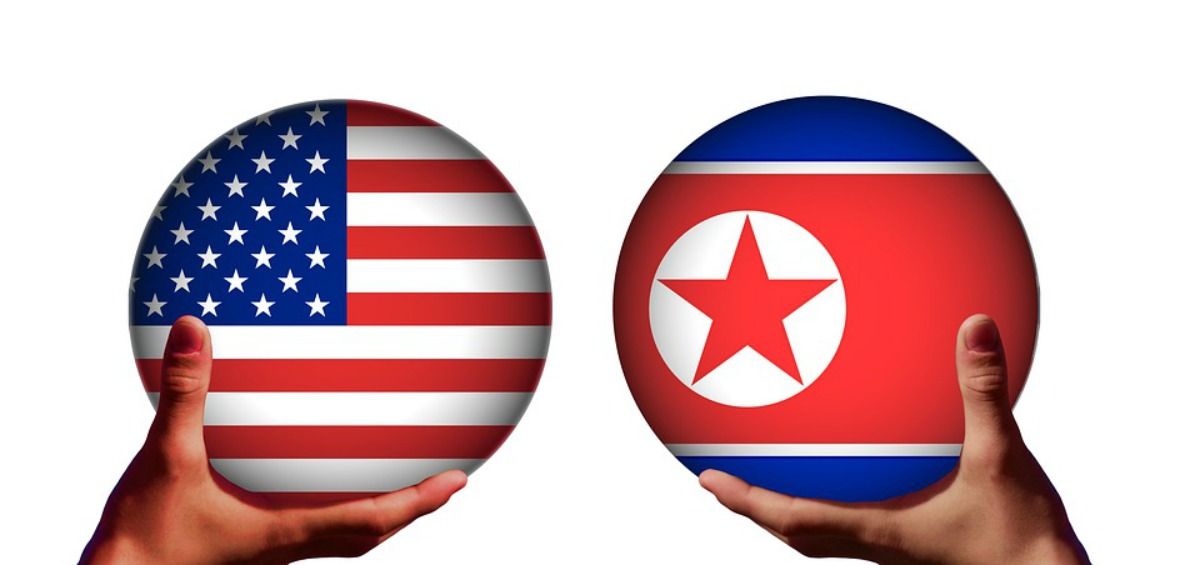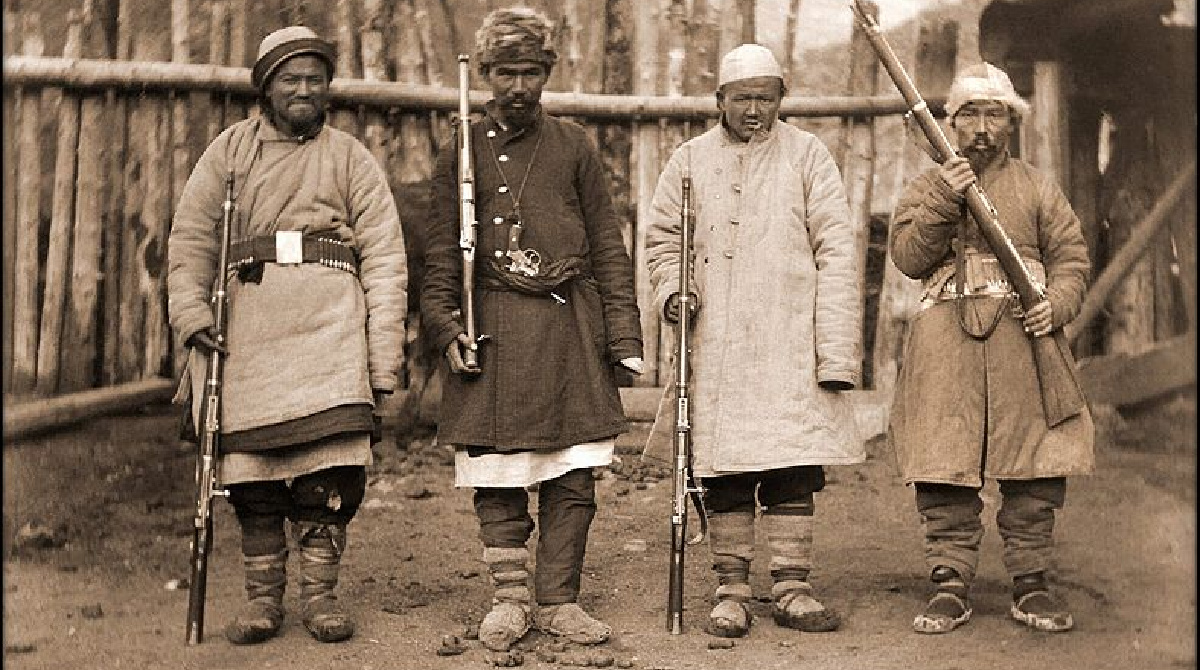Peace in our time cancelled?
So has peace in our time with North Korea been cancelled?
When President Trump abruptly called off his prospective meeting with North Korea’s chairman Kim Jong-un yesterday, the media immediately crowed that his strategy had gone belly-up, that it showed how incoherent and altogether rubbish his foreign policy was and that we were now right back where we started.
Once again, the media merely exposed its own shallowness.
A few hours earlier a high-ranking North Korean foreign ministry official, Choe Son Hui, called US Vice-President Mike Pence a “political dummy” for suggesting last Monday that, if North Korea didn’t conclude a deal with the US, it could end up like Libya. Choe also suggested that Pyongyang was ready for a “nuclear showdown” should diplomacy fail.
US officials have further reported that, when the deputy Chief of Staff and his team went to Singapore last week as arranged to work out the logistics for the June 12 summit, the North Koreans never showed up.
Yesterday Trump took the initiative and cancelled the summit, thus putting Kim on the back foot. He did so with a highly nuanced letter which balanced regret and hope with a clear threat: “You talk about your nuclear capabilities, but ours are so massive and powerful that I pray to God they will never have to be used.”
With this, Trump slapped down Kim’s threats as pretentious overreach. Two can play at the threat game, and the one that has more credibility is the incomparably more powerful US. If Kim didn’t make the deal, ran the Trump message, the consequences for North Korea from either economic strangulation or military action would be terminal.
Lo and behold, within a very short space of time Kim was practically begging for talks to resume, saying he was willing to meet Trump “at any time”. To which Trump replied in similarly emollient vein, telling reporters that “if and when Kim Jong-un chooses to engage in constructive dialogue and actions, I am waiting’’.
This doesn’t sound like Trump has fallen flat on his face as the media are suggesting. It sounds more like a negotiators’ trial of strength in which Trump has the upper hand – and is playing it as such.
The Dealmaker-in-Chief is surely using a strategy to beat down not just Kim but also China. For China, Kim’s protector, is absolutely key to all this.
Last Monday, Trump called out China for having a “porous” border with North Korea. This followed reports that Chinese companies had increased trade with North Korea and even helped it skirt sanctions by allowing its ships near its ports, thus undermining American pressure on Kim.
On Wednesday, Trump called out China for undermining the summit. It appears there had been a second, hitherto unknown meeting on May 7/8 between Kim and China after which, say US officials, North Korea’s attitude changed.
On May 16, a North Korean official spoke of objecting to the “complete, verifiable, and irreversible denuclearisation of the [Korean] Peninsula” and US statements calling for total decommissioning of nuclear weapons. Yet North Korea had previously expressed a commitment to denuclearisation. So it went back on itself. Well there’s a surprise.
So it’s back to square one? Not so. Trump’s aggressive strategy has already produced one big and one more ambiguous result. The big one was the return to the US of the three American hostages who had been imprisoned in North Korean labour camps for months. The media has conveniniently forgotten that.
The more ambiguous result was that, hours before Trump called off the summit, North Korea appeared to blow up an underground nuclear testing site – although this has not been verified because only journalists were allowed to attend without the international experts the North Koreans had promised would also be there.
In sum it looks as if, having humiliated Kim by exposing his weakness, Trump is now ratcheting up the pressure again.
Trump is proving to be an international negotiator like no other. He busts wide open the fundamental assumption of today’s defeatist and demoralised west – that it must never, ever walk away from a negotiation but must keep talks going whatever it takes. The results of that core assumption are all around us – that the bad guys in the world always, but always have the upper hand.
Trump’s approach is very different. America is the biggest beast in the jungle, he says to the bad guys, and don’t you ever forget it. This is the only way the bad guys in the world are ever going to be made to crumble. And so of course those tribunes of western demoralisation, the BBC and the Guardian, CNN and the New York Times, are falling over themselves to denounce him.
None of us knows what has actually been going on between the US, China and North Korea. And no-one, including President Trump, can say whether his strategy will work. But given the complexity of the situation, the contradictory signals and the evidence of minds being concentrated for the first time in both Pyongyang and Beijing, it would surely be prudent to wait and see before attempting to pass judgment.
For this is a long haul. Anyone who really thought the proposed meeting between Kim and Trump would defang North Korea just like that merely illustrated their own limitations.




